While you may enjoy the incomparable flavors of
Indian cuisine, did you know that those fragrant underlying spices are brimming with wellness benefits? For starters, along with most other herbs and spices, these Indian seasonings top the Oxygen Radical Absorbance Capacity (ORAC) chart over
all other foods when it comes to
antioxidant density. The ORAC scale is a method developed by scientists at the National Institute of Health and Aging (NIH) to measure the antioxidant capacity of different foods. Here are some additional benefits of the most beloved Indian spices.
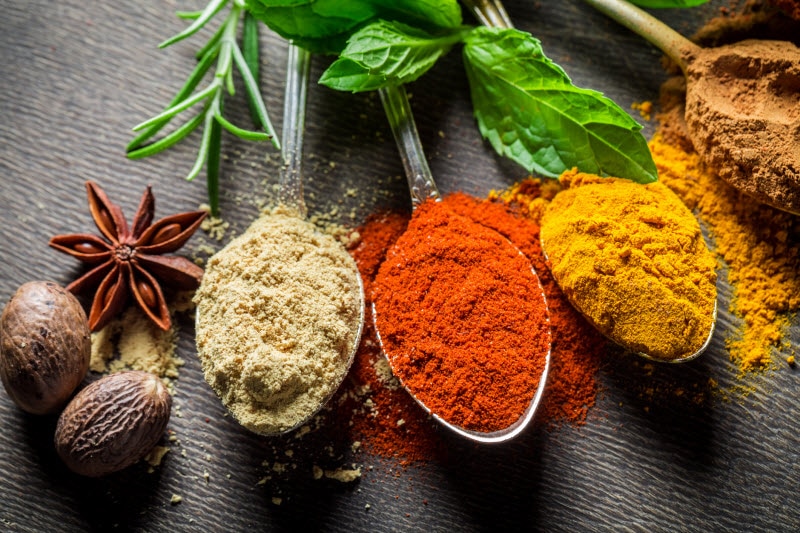
Top 5 Indian Spices with Health Benefits
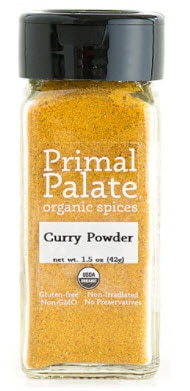 Curry powder
Curry powder
A golden-hued mixture of spices with a rich, complex flavor,
curry powder typically consists of turmeric, coriander, cumin, fenugreek, chili pepper, ginger, black pepper and mustard seeds, though this varies by region. The beauty of this multi-faceted blend is that it offers benefits from each of its respective components.
†
However, curry powders do vary in quality, with cheap industrial mixes often bereft of the flavor nuances of more authentic blends made with freshly-ground individual spices. If you want to try some delicious recipes featuring antioxidant-rich curry powder, check out this
Indian Check Pea-Sweet Potato Curry, this crispy, golden
Baked Curry Tofu, or these gorgeous
Indian Spiced Cauliflower Kebabs.
†
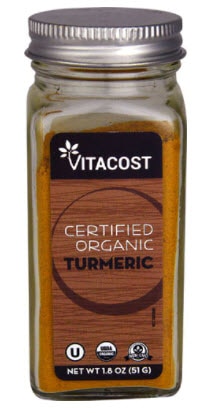 Turmeric
Turmeric
Sometimes called “Indian saffron” due to its bright yellow color,
turmeric powder has been appreciated for centuries for its culinary and medicinal benefits, which can be traced to unique compounds called curcuminoids. One of these is curcumin, which has been shown to help to neutralize harmful free radicals in the body.
1 Several studies have demonstrated curcumin’s ability to support a healthy inflammatory response.
2†
To reap the benefits of turmeric, it should be consumed along with black pepper, which is the source of piperine, a natural substance that enhances the absorption of curcumin by 2,000 percent. You can also get the whole package in a capsule with this
Turmeric Curcumin Complex plus Black Pepper Extract.
†
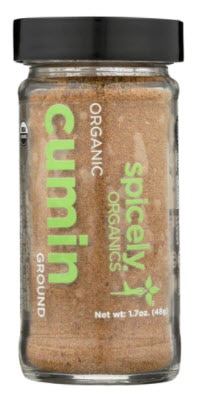 Cumin
Cumin
Antioxidant-rich cumin is the main ingredient in curry powder and other spice mixes and is also integral to Cuban cuisine. Scientific research reveals that cuminaldehyde, the active ingredient in cumin, is an important phytochemical with a range of scientifically validated nutraceutical properties, such as helping to combat allergies, platelet aggregation, and hypoglycemia.
3 For optimal flavor, you can use
whole cumin seed in traditional recipes, although
ground cumin is an invaluable kitchen staple too.
†
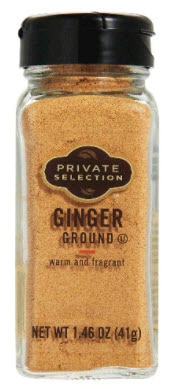 Ginger
Ginger
Ginger root has also been valued through the ages for both medicinal and culinary uses, with wellness benefits attributed to its phenolic compounds, such as gingerols and shogaols. A range of studies suggest that ginger offers antioxidant, anti-inflammatory, anti-microbial, neuroprotective, anti-obesity, and anti-nausea activities.
4 You can benefit from ginger with this tasty,
Ginger Soother Drink, in hot or iced
tea, or crystalized into a
chewy candy.
†
A great way to enjoy both ginger and turmeric is refreshing Indian Lemonade. Simply mix one part fresh-squeezed lemon juice with three parts water in a blender with a few slices of fresh ginger and a generous pinch of turmeric. Process, strain, and sweeten to taste with calorie-free
liquid stevia,
date sugar, maple syrup, etc.
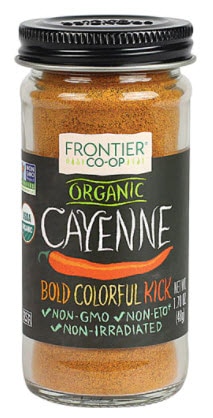 Cayenne
Cayenne
As with other spices, cayenne is an antioxidant powerhouse, due in part to its active ingredient, capsaicin, which is the source of heat in peppers. Cayenne has also shown to help protect against obesity, as capsaicin has natural metabolism-boosting properties. This compound appears to increase the amount of heat produced in the body, enabling one to burn more calories per day through a process called thermogenesis.
5 One study found that those who consumed a breakfast containing capsaicin burned fully 51 percent more calories during the meal than those who did not.
6†
If you want to tame the heat when preparing fresh peppers, slice them in half and remove both the seeds and the membrane, which is also responsible for that chili pepper heat.
While there are additional, highly beneficial Indian spices, this gives you a good overview on some of the most popular options. Here’s to many healthy, beautifully flavored meals to come!
†These statements have not been approved by the Food and Drug Administration. These products are not intended to diagnose, treat, cure or prevent disease.
References:
1https://pubmed.ncbi.nlm.nih.gov/17569207
2https://pubmed.ncbi.nlm.nih.gov/12676044
3https://pubmed.ncbi.nlm.nih.gov/23035918
4https://pubmed.ncbi.nlm.nih.gov/31151279
5https://pubmed.ncbi.nlm.nih.gov/23844093
6https://pubmed.ncbi.nlm.nih.gov/23179202
†These statements have not been approved by the Food and Drug Administration. These products are not intended to diagnose, treat, cure or prevent disease.



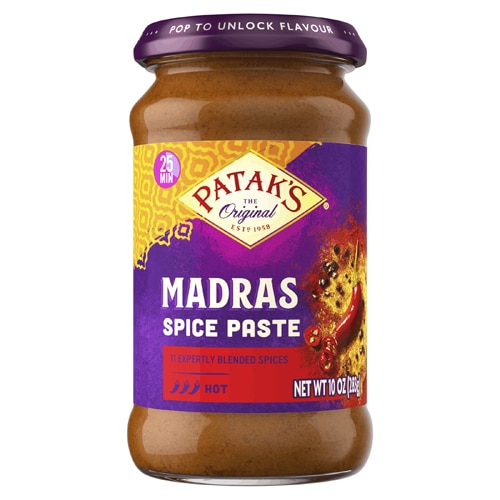





 Cayenne
Cayenne